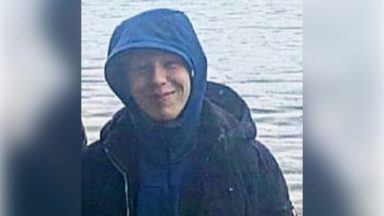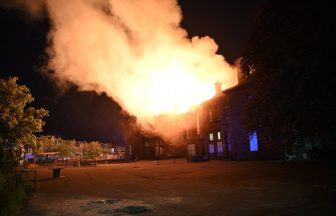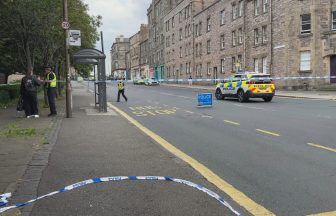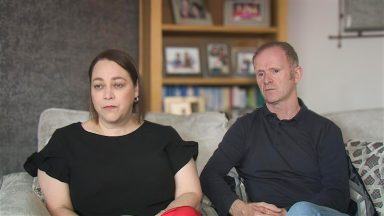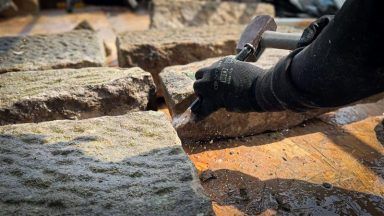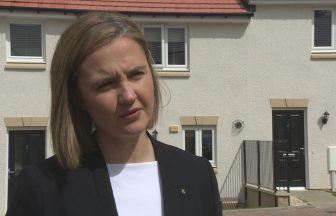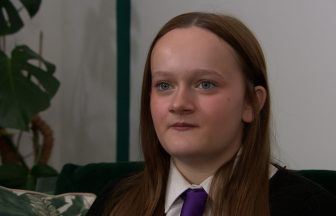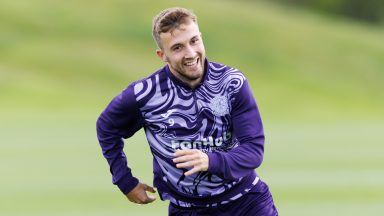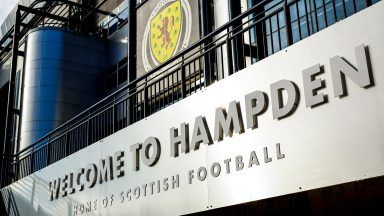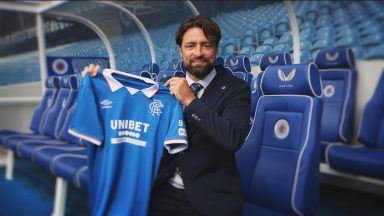Dundee United’s Premiership match at Motherwell on Wednesday brought a 2-1 defeat for the visitors but also the news that Micky Mellon’s side had fielded a player who had tested positive for Covid-19 within the last week.
The player had subsequently tested negative for the virus but Scottish football supporters, and Motherwell boss Graham Alexander among others, were surprised that a ‘false positive’ hadn’t meant a spell of self-isolation.
Earlier this season Hibs were unhappy when their midfielder Alex Gogic found himself in a similar situation but missed games. Gogic also returned a ‘false positive’, where a positive test for the virus is quickly followed by an NHS test that showed negative, and was told that he had to stay at home and miss making his international debut for Cyprus.
Hamilton have also had players sidelined under similar circumstances.
So what changed?
At the start of the season, with clubs all having their own testing regime and protocols in place, any positive test would be reported through Test and Protect and then be dealt with by a local health authority. Clubs would follow the advice they were given and players and contacts would isolate according to the instructions from that local health authority.
In October, a change was made by the Scottish Government, who decided to lighten the workload for local authorities, and remove the potential for any discrepancies, by creating a dedicated group for elite sport.
A newly created Elite Sport Covid Advisory Group (ESCAG), including clinical experts, would now look into any positive tests across professional football and rugby and issue advice and rulings where needed. The group began work from October 27th.
The new group first came to prominence when advising the Scottish FA on an outbreak of the virus during a Scotland Under-21 trip in November.
Though the group has been in place since October, this week has been the first ‘false positive’ since then.
While a positive test used to go to an NHS test and then to a local authority for decision, ESCAG, in addition to requesting contact details and travel manifests etc, look at the NHS test in detail.
ESCAG clinical experts look into the CT number from the test. That Cycle Threshold number, where a high number is better than low, indicates the level of infection present and use that as the indication of risk.
The advisory group, and not the football authorities, then make the decision on whether a player can play or has to isolate, and if contacts are affected.
With every case there will be an individual review and it’s possible that in the future a false positive could result in a player being asked to self-isolate.
In the Dundee United case, the ESCAG clinicians decided that the negative test and the CT level indicated that it was safe for the player to take to the field.
Follow STV News on WhatsApp
Scan the QR code on your mobile device for all the latest news from around the country


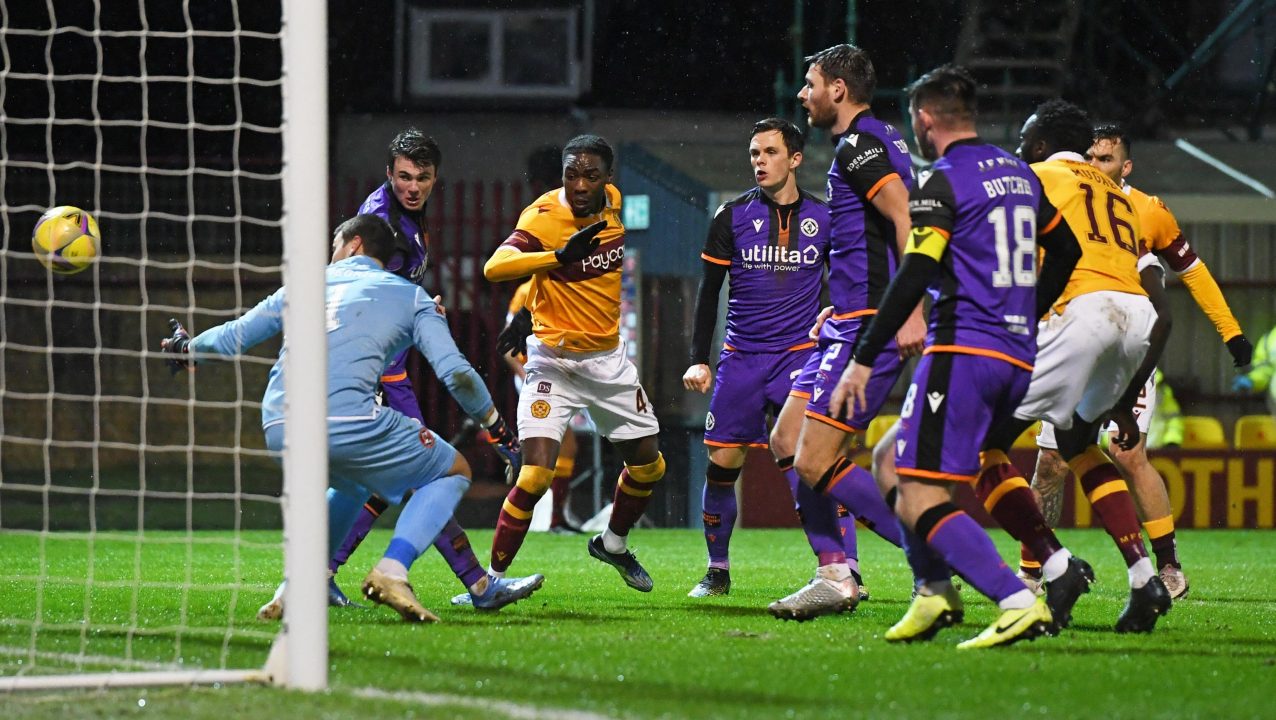 SNS Group
SNS Group